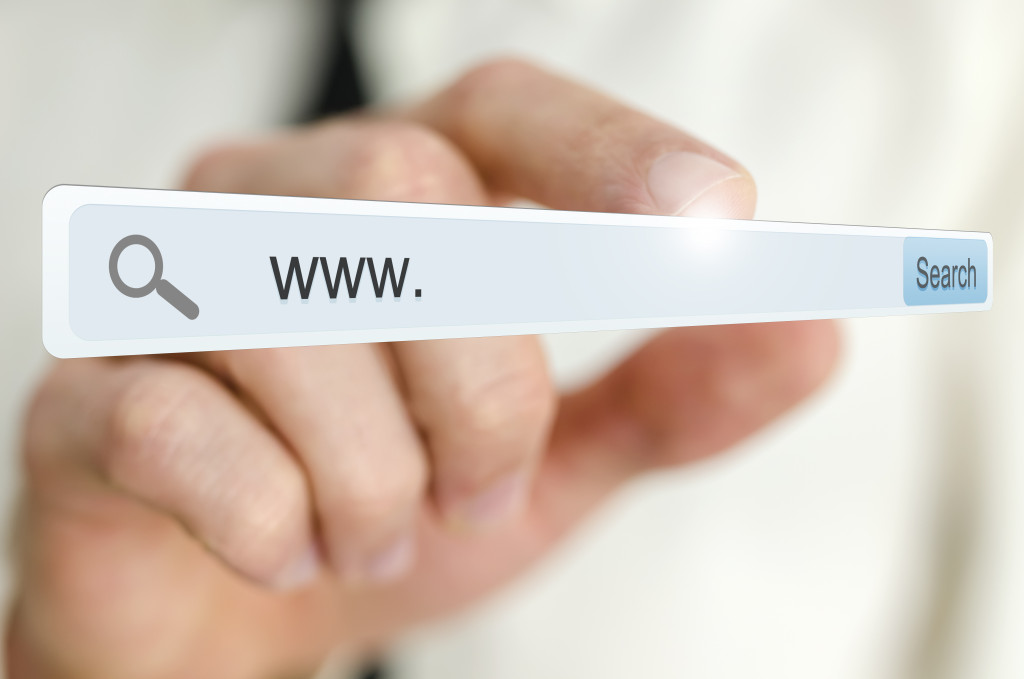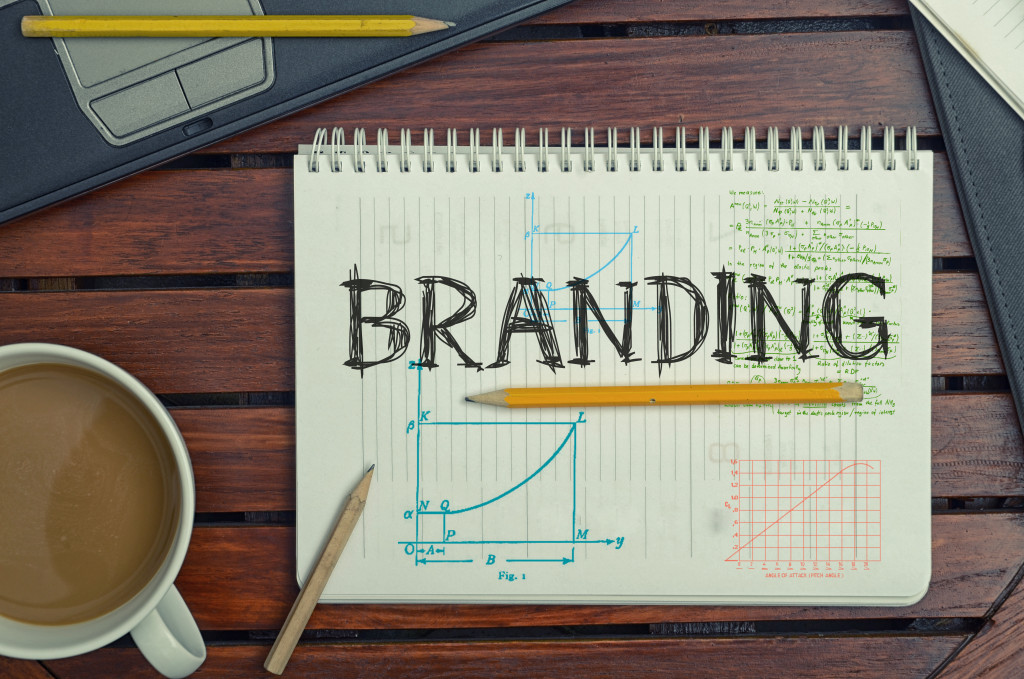Every growing business has built its brand from the ground up. These businesses have put in the time and effort to ensure their product or service is known and respected in their industry.
Brand protection is an essential issue for all businesses, especially those with a certain level of success. In order to ensure that your brand remains strong and recognizable, it’s crucial to understand the different ways you can protect it. Here are five essential things you need to know about brand protection.
Intellectual Property
The first thing you should know is about intellectual property or IP. It refers to the intangible assets of your business that are used to create products or services. It can include things like patents, copyrights, and trademarks. IP is what makes your brand unique and sets it apart from competitors.
Understanding how to protect your IP to maintain your brand identity and prevent others from taking advantage of your hard work is essential. Consult an IP lawyer to get the complete picture of how to protect your intellectual property. It will help you protect your brand in the future, especially if your business is growing. It can also help manufacture your products worldwide.

Domain Names
Another critical part of brand protection is ensuring you have the right domain name. Your domain name is how customers find you online, so choosing one that is easy to remember and spells out your brand is essential. It’s also vital to ensure that your domain name is available in all the countries you want to do business in.
Domain names are essential if people can find your business online. So, if you want to protect your brand, it’s vital to choose the right domain name and make sure it’s available in all the countries you plan to do business in.
You can use a service like Mark Monitor to help you secure and protect your domain name. This service will help you keep an eye on your domain to renew it before it expires. They will also help you with any disputes that might come up.
Social Media
Social media is a powerful tool to help you reach new customers and grow your brand. But it can also be a liability if you’re not careful. Therefore, creating a social media policy for your business is essential so everyone knows the rules about what can and cannot be posted online. In addition, it will help you avoid any negative publicity that could damage your brand.
For example, Dove is a company that has been known for its positive messages about body image and self-esteem. But in 2017, the company came under fire for a social media campaign deemed racist.
The campaign involved a black woman removing her shirt to reveal a white woman underneath. Dove was accused of racism for promoting the idea that black skin is dirty and needs to be cleansed.
The company issued an apology, but the damage had already been done. This incident shows how important it is to have a social media policy to avoid any negative publicity that could harm your brand.
It’s also important to monitor what is being said about your brand online. Several tools can help you do this, such as Google Alerts and Social Mention. These tools will send you an email whenever your brand is mentioned online, so you can take action quickly if there is any negative publicity.
Reputation Management
Your brand’s reputation is everything. It’s the image people have of your business and can make or break your success. That’s why it’s essential to manage your reputation carefully.
There are many ways to do this, such as monitoring what is being said about your brand online and taking action to correct any negative information. You can also proactively build up your reputation by getting involved in charitable work or sponsoring local events.
If you want a proactive way to protect your brand, consider planning a corporate social responsibility (CSR) project. CSRs are a great way to improve your brand’s image while giving back to the community.
For example, Coca-Cola’s recent CSR concerns itself with water conservation. As a result, the company set a goal to replenish all the water it uses in its manufacturing process by 2020. Not only does this help the environment, but it also helps improve Coca-Cola’s reputation.
Preparing for crises that could damage your brand’s reputation is also important. This means having a plan in place so that you can quickly take action to mitigate any damage. It’s also essential to have a team in place to handle customer service so that you can resolve any issues quickly.
Protecting your brand is essential for any business that wants to maintain its identity and prevent others from taking advantage of its hard work. By knowing the risks and taking action to avoid them, you can protect your brand and ensure its success for years to come.





